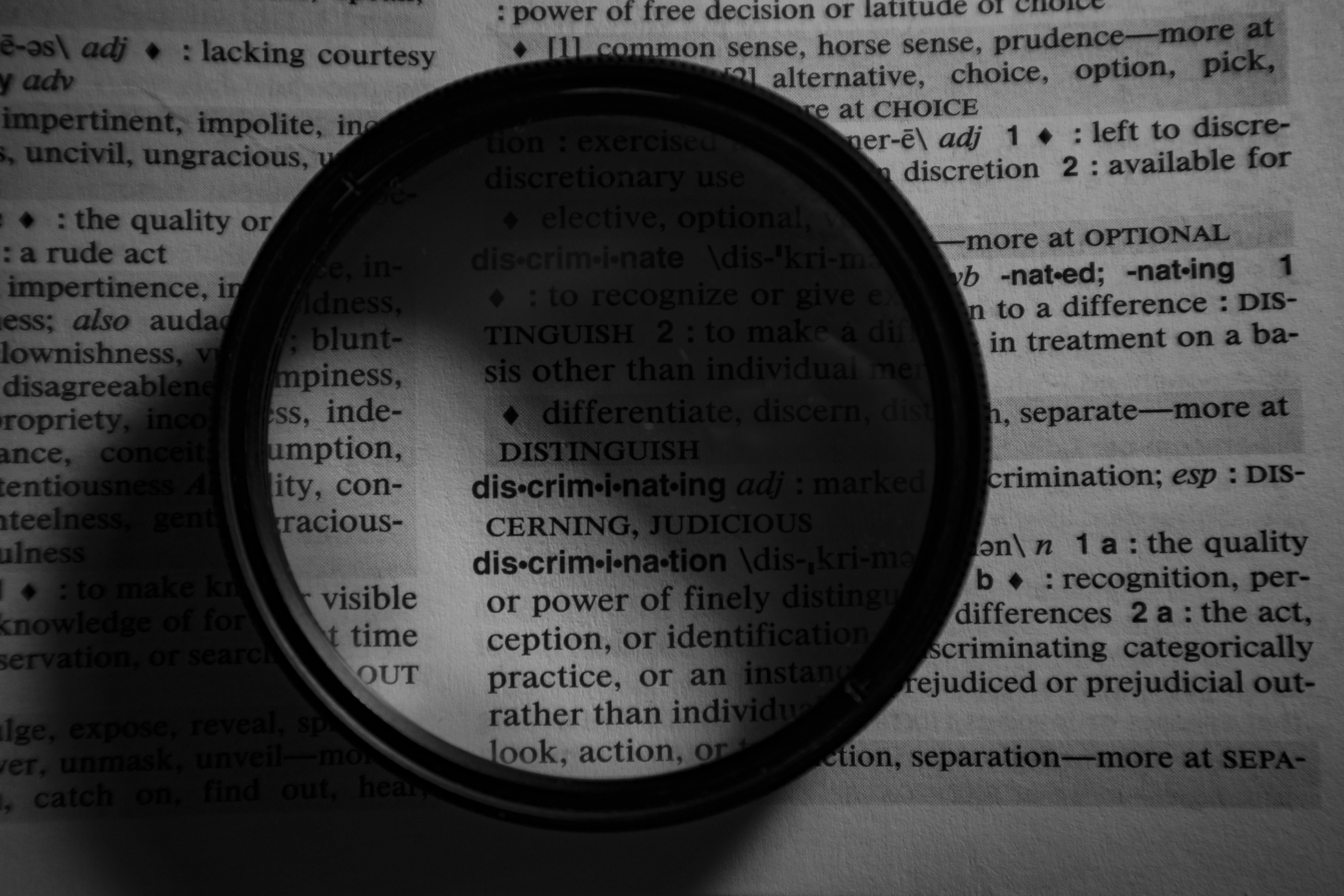AfterOctober 8's election, CDU's Boris Rhein decided against a coalition with the Greens and opted for negotiations with SPD, led by state leader and Interior Minister Nancy Faeser. The reason behind this was the SPD's closer stance on migration policy. The Greens were left puzzled by the CDU's choice.
Rhein described the recent weeks as intense and emotionally taxing, given the separation from the Greens as a partner after a decade. However, he emphasized the overlap with the SPD being greater. He still appreciated the Green ministers Angela Dorn, Tarek Al-Wazir, and Mathias Wagner.
CDU entered discussions with the SPD with an open mind, with around 200 participants involved in the coalition negotiations. Rhein described the talks as "at eye level" and "constructive", marking a "renaissance of realpolitik".
The draft of the coalition agreement includes plans to restructure the ministries, proposing a new Ministry of Agriculture. The selection of ministers, including the eleven heads, is expected to be made at the beginning of next year.
Following the Hesse state election, the CDU reached out to SPD, Greens, and FDP for potential alliances. Cooperation talks with the SPD began in mid-November, with preliminary agreements already in place. According to Rhein, these preliminary talks had progressed well.
The CDU emerged victorious in the Hesse election with 34.6%, well ahead of all other parties. The AfD took the second spot with 18.4%, while SPD (15.1%), Greens (14.8%), and FDP (5.0%) followed. The Left Party failed to secure re-entry into the state parliament with 3.1% votes.
Faeser, the SPD's top candidate, is keen to maintain her position as Federal Minister of the Interior and will not transition to Hesse. The newly-elected state parliament is scheduled to meet for its constituent session on January 18.
While the source does not provide specifics about the current status of the coalition agreement, it's worth noting that the CDU's migration policies have been characterized by tougher measures, with incidents involving migrant perpetrators often used as justification. The SPD, on the other hand, has been critical of this approach, particularly when it appears to align with far-right parties like the AfD. The possibility of a black-red coalition (CDU/SPD) at the federal level is under discussion, but would require careful negotiations and potential contingencies.








